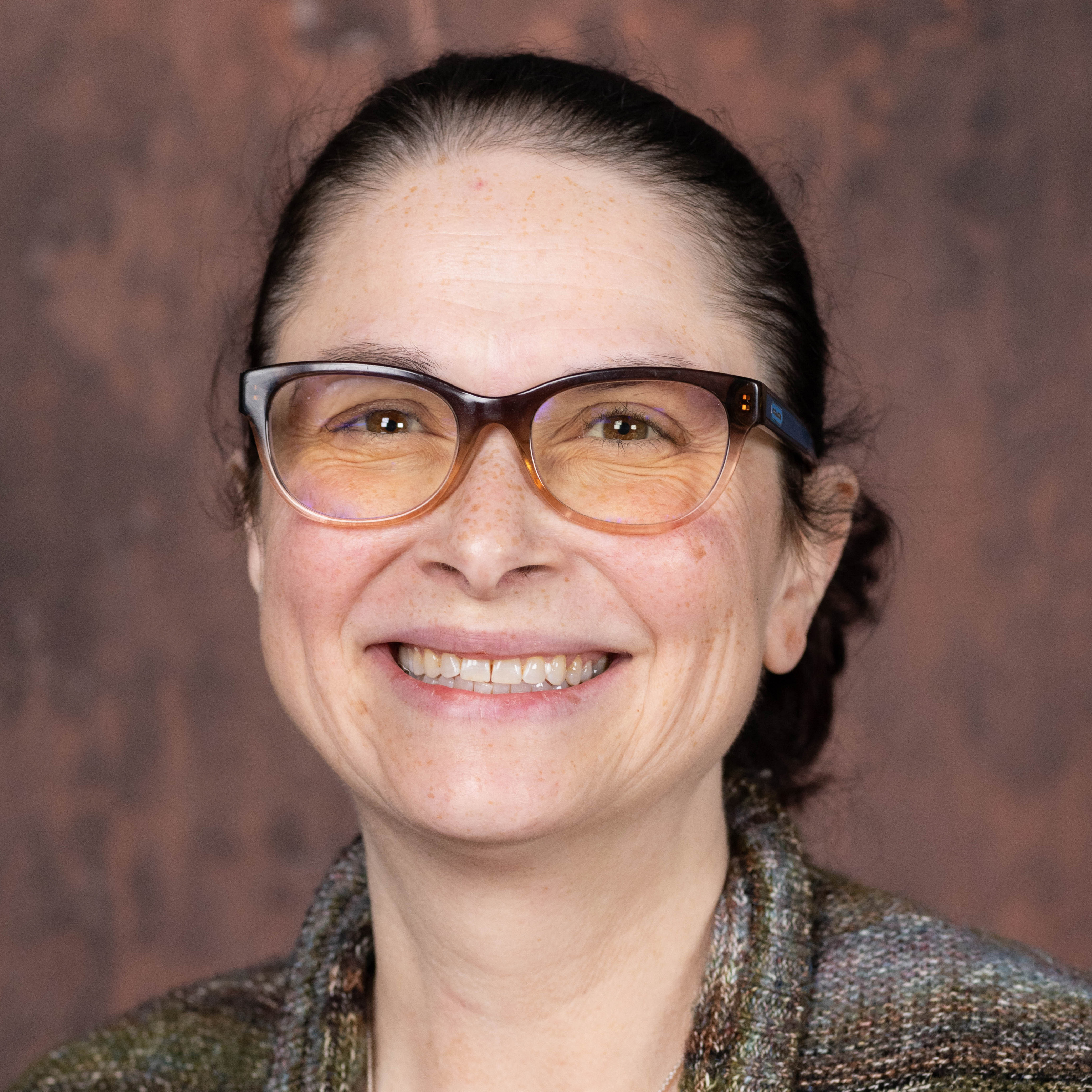Independent Study
About a third of BME majors take an independent study course. Independent study research projects are an integral and immensely popular component of undergraduate BME education at Duke.
Advantages
In an independent study course, you will work with a faculty supervisor to focus on a special topic of the your choosing with self-guided readings, developing and/or running computer simulations and/or laboratory experiments.
Up to two independent study courses may be counted as BME electives if they are taken in the junior or senior years.
Students contributing to the efforts of the Duke Smart Home may obtain independent study credits for their work if their project is supervised by a BME faculty.
Independent study course work can be used to satisfy requirements toward Graduation with Departmental Distinction (GwDD), provided the student’s GPA is at least 3.5.
In addition, the best research projects are eligible for the BME departmental awards: the Helmholtz Award, the Clark Awards, and the Edward D. “Ned” Light Memorial Award.
More information on BME Independent Study and Graduation with Departmental Distinction requirements is available in the BME Undergraduate Handbook (PDF).
Examples of Student Projects
- Implementing a Rechargeable Battery for an Implantable Neural Acquisition System
- Functional Endoscopic Imaging for Enhanced Detection of Cancerous Lesions
- Electrophysiological Characterization of a Novel Genetically Engineered Biological Pacemaker
- Biomechanics of Microbicide Gel Distribution and Efficacy
- Improved In Vivo Visualization of Injected Anesthetics Using Ultrasonic Decorrelation Algorithms
- Emergent Network Bursting and Synchrony in Computer Simulations of Neuronal Cultures
- Evaluation of Pediatric Skull Fracture Imaging Techniques
- Guidance of Surgical Robotics with 3-D Ultrasound
- Uses of the Pratt Pouch with Antiretroviral Medication for the Prevention of Mother to Child Transmission of HIV
- Pitch Mismatch in Bilateral Cochlear Implants Using an Acoustic Mode
- Nanotherapeutics: Dual Functional Nanoparticles for Gene Delivery and Tissue Engineering
Choose a Program
First, meet with your project supervisor to discuss the project title, its description, biomedical engineering content of the project, the nature of the final product, and the grading basis.
Then, apply for one of the following programs.
BME Independent Study
- For BME juniors and seniors who are not Pratt Research Fellows.
- Courses: BME 394, 493, and BME 494
Pratt Research Fellow—BME Registration
- For BME juniors and seniors who are Pratt Research Fellows
- Courses: BME 394, BME 493, and BME 494
BME Design Fellows
An intensive design program for BME juniors, which spans three semesters and a summer session. The program may include:
- Medical Device Design 1 & 2
- Advanced Design and Manufacturing Skills
- A summer internship at a BME-focused company or Duke University Medical Center
The application becomes available in September.
EGR Independent Study
- For BME freshmen and sophomores
- Courses: EGR 391 and EGR 491
- The deadline for submitting the request is two business days before the drop/add ends
- The forms will not be active after the deadline, so make sure to submit your request on time
Undergraduate Research at Duke Engineering
Check Request Status
After you submit the request, the system collects the following:
- Approval from your supervisor¹
- Approval from your BME sponsor, if required¹
- Approval from the BME DUS²
- Registration information²
¹ Pratt Fellows: instead of supervisor and sponsor approvals, the system collects the Fellowship verification
² Students taking EGR independent studies: instead of BME DUS approval, the system collects approval from Dean Franzoni, who also sends you the registration information.
Watch Your Email
You will receive three (or four, if sponsor is required) emails from qualtrics@duke.edu that report the result of each step. Please read these emails! About 20 percent of the requests are not approved. If your request was not approved, nothing else will happen until you make corrections.
To find the status of your request, examine all emails from qualtrics@duke.edu.
- Is there an email stating that your supervisor/sponsor approved your request?
If you do not see any email with your supervisor/sponsor approval, you need to contact him/her. - Is there an email stating that the DUS approved?
You should receive it within one to two days after your supervisor/sponsor approval. Contact the DUS if it has been more that two days after you received the supervisor/sponsor approval. - Is there an email with the registration information?
Ms. Meade receives notification from the system as soon as the DUS approves your request. She then asks the Registrar to set up a section of BME 394/493/494 for you. That takes one to two days. So, within two days you should get an email with your registration information. This email should come from qualtrics@duke.edu.
Contact
If you cannot find any emails from qualtrics@duke.edu, or if you deleted them, the DUS and Ms. Meade can check the status of the request for you. However, doing so takes time (there are typically about 1,000 records in the system), so please check your emails thoroughly before asking for help.

Elizabeth K Bucholz
BME Director of Undergraduate Studies, Claude B. Williams and David M. Hesse Associate Professor of the Practice

Cameron M Kim
Associate Director of Undergraduate Studies, Assistant Professor of the Practice in the Department of BME

Steve Wallace
Senior Lecturing Fellow in the Department of Biomedical Engineering

